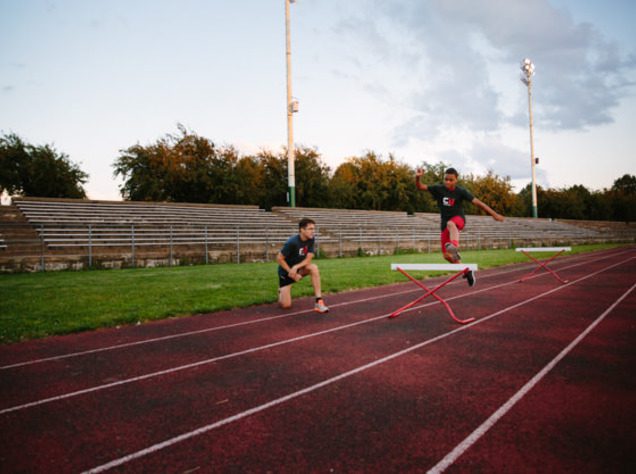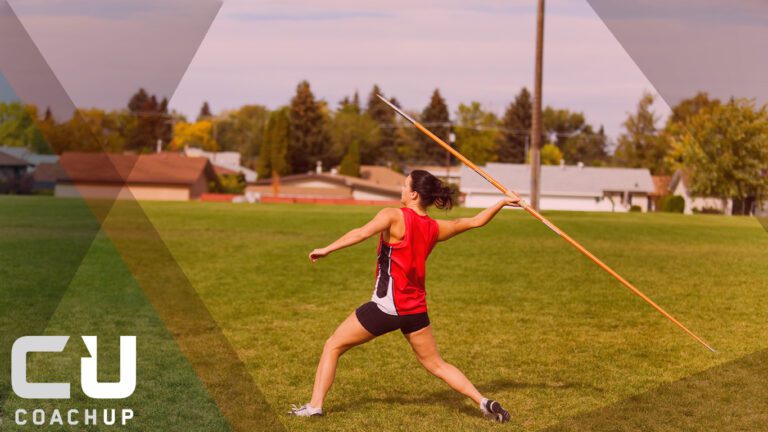Although instant gratification is highly sought after in today’s world, coaches should never promise a client quick results. Rome wasn’t built in a day, and neither is athletic success. One of the most difficult challenges of being a coach is mitigating expectations for results and committing athletes to trusting the process which delivers them. You can best serve your clients by eliminating their desire for quick results, and instilling patience in them by effectively implementing your coaching philosophy into training.
Why trusting the process is key to finding results in athletic training
Debunking the myth of quick results is key in order to promote patience among athletes. Depending on the age and skill level of your clients, they are most likely to make their largest strides and see their greatest gains early on in their athletic career. It is important to clear that up when you first start training with a new client. Share with them the reality that they must not be deceived by their initial gains. They aren’t a practical indicator of progress over time. Once the body becomes accustomed to harder training, the more difficult it will become to see dramatic improvements. The best way to communicate this idea to athletes is to clarify your expectations early and often. Break down the difference between short-term and long-term goals to help them see the strategy you have set forth for their continuous growth, rather than offering them quick results.
Using clear communication and setting long-term goals will prime your clients to buy-in for the long haul. Then comes the challenge of keeping them committed. To convince my athletes to trust the process, I persistently breakdown my training philosophy over our first four to five sessions together. This helps all of my big-picture ideas become smaller, more digestible pieces that can be slowly worked into training. Further, tying your training philosophy into real-life movements can help training to stretch far beyond the gym or field. By doing this, athletes can begin to better understand the purpose of the smaller elements of training rather than just going through the motions. Trusting the process of training is a multifaceted approach that must be reinforced regularly; both when athletes are feeling good and performing well, but especially when they are struggling. If you can make your clients understand how the process you are putting them through will help them overcome adversity, they will begin to trust in it. Continuously execute the philosophy you instill early on to create resilient and self-sufficient athletes out of your clients.

Daniel Freeman is a gold level track & field coach in the greater Philadelphia area. You can find his profile here and start booking sessions with him today!
How useful was this post?
Click on a star to rate it!
Average rating 5 / 5. Vote count: 1
No votes so far! Be the first to rate this post.



